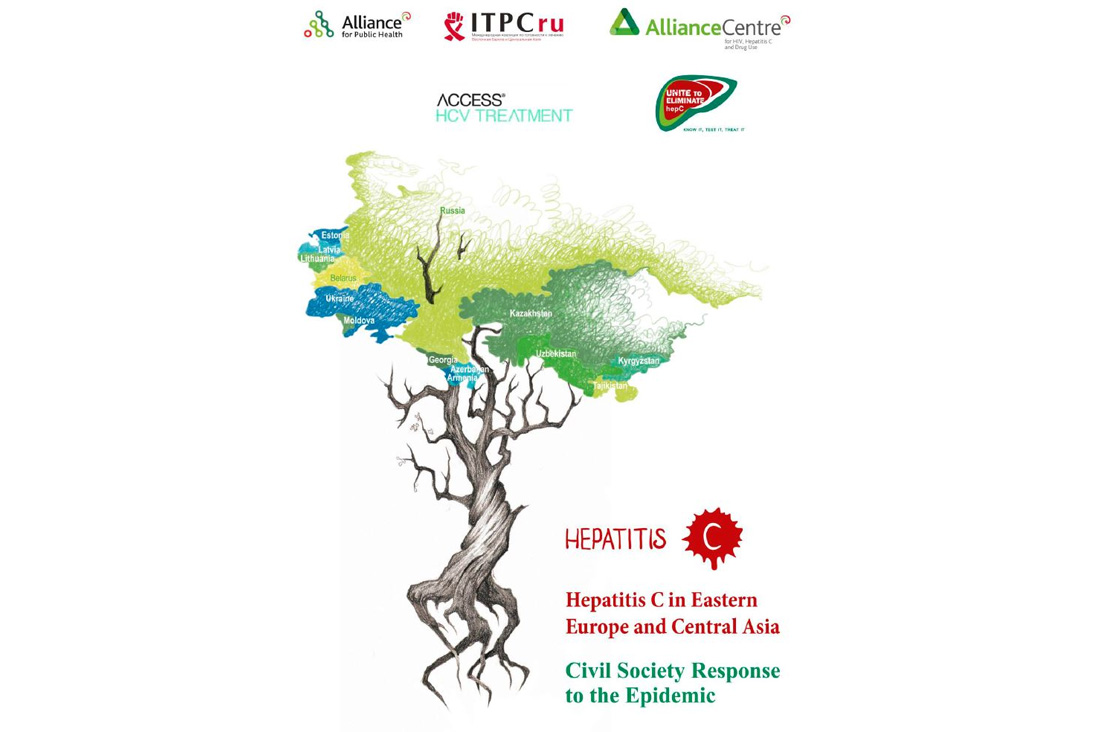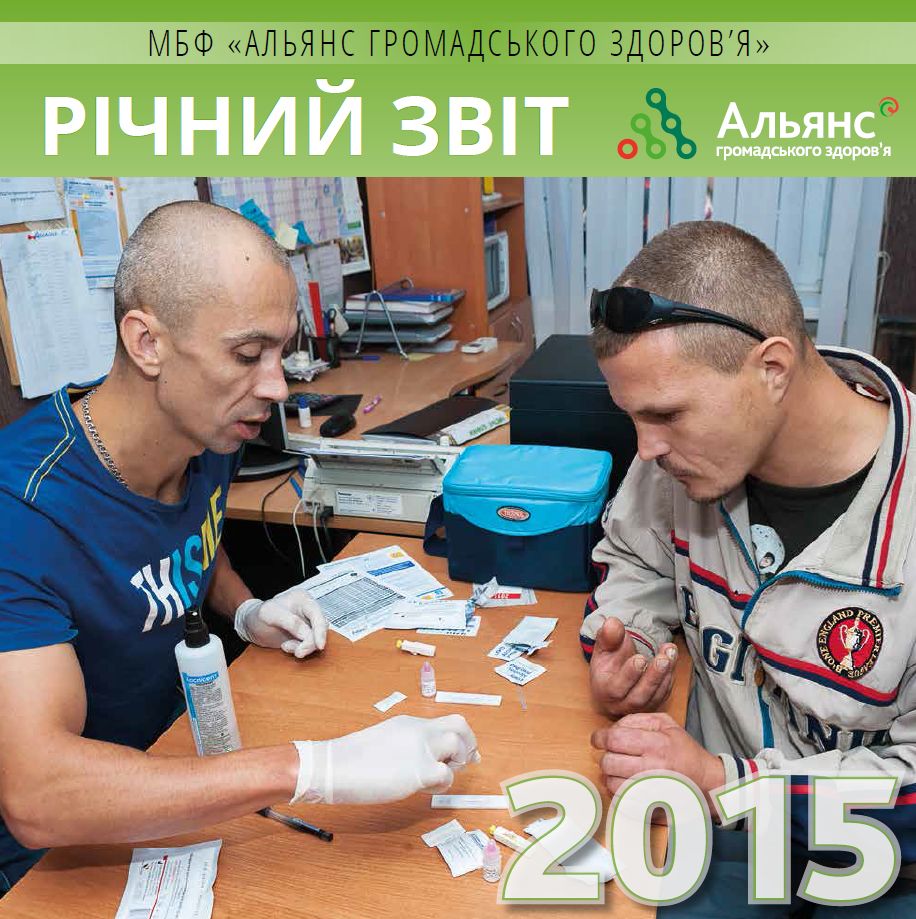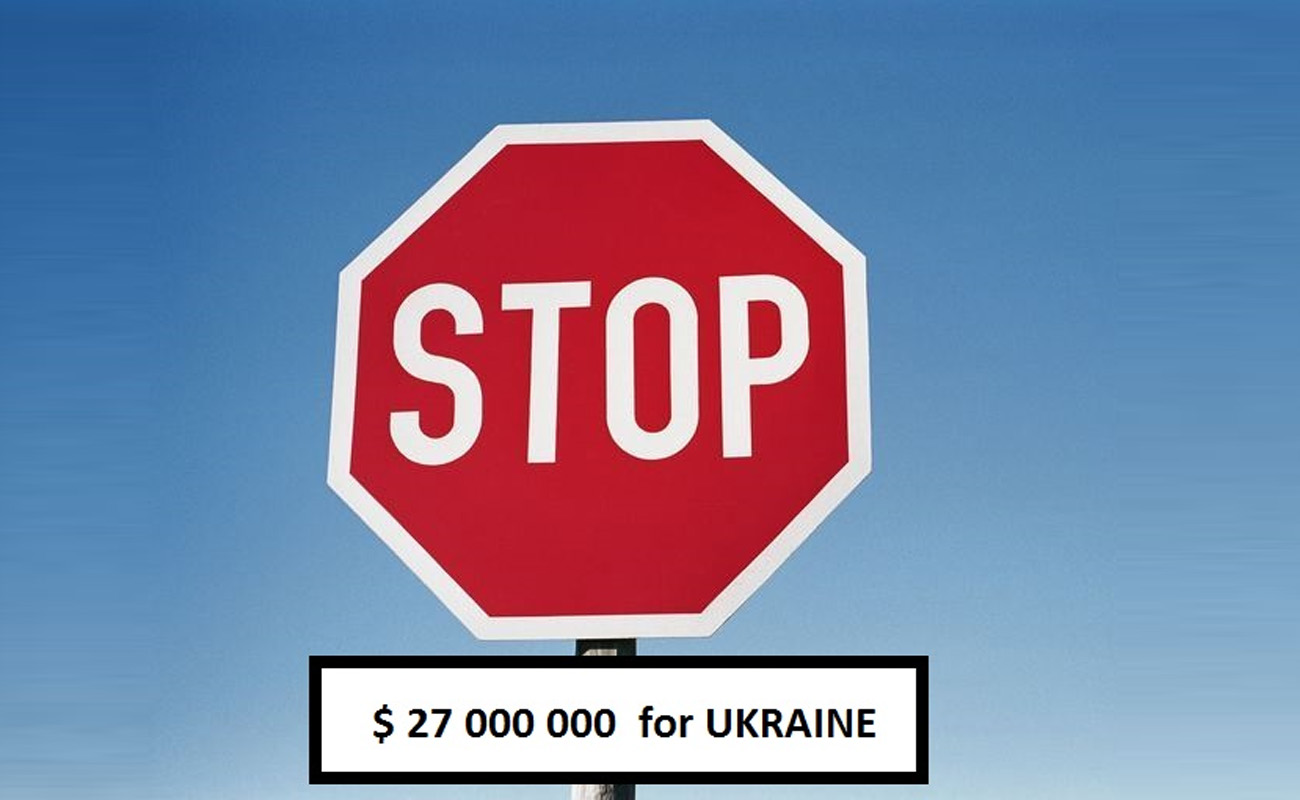PRESS RELEASE
On 16 September 2016, during the press briefing held within the international meeting aimed at ending the tuberculosis (TB) epidemic, competent experts offered evidence supporting implementation of the ambulatory model of TB care as one of the crucial components to reform the healthcare system to end the TB epidemic in Ukraine. This model stipulates treatment of patients with smear-negative TB in outpatient facilities, within primary health care and in home-based settings. It will account for the individual needs of patients and thus will contribute to improving the patients’ adherence to treatment, which will ultimately help to reduce the prevalence of the disease. Such care, more convenient for patients, is called patient-oriented care.
The need to shift to integrated, patient-oriented systems of ambulatory TB care is arising due to the critical situation with the spread of multidrug-resistant tuberculosis (MDR-TB) which is observed in Ukraine as well as in the region of Eastern Europe and Central Asia as a whole. In our country this situation has become a real catastrophe – Ukraine is one of the TOP 5 countries with the biggest burden of MDR-TB in the world! Unfortunately, our country still has the worst TB treatment success rates in Europe – only 71% new TB cases and 38.6% MDR TB cases are cured. According to WHO, in 2015 about 23% TB cases were not diagnosed. In 2015, prevalence of all active TB forms in Ukraine was almost 85 persons per 100 thousand people.
“In most cases, reducing the time of patient’s hospitalization, and sometimes even initiation of treatment at home (provided that there are appropriate conditions of infectious control) are more reasonable,” – said Andriy Klepikov, Executive Director of the International Charitable Foundation “Alliance for Public Health”. – “From the point of view of public health, inpatient treatment does not prevent the spread of TB as most cases of TB transmission take place before the patient is diagnosed with TB and hospitalized. The risk to transmit the infection is greatly reduced 14 days after initiation of the effective treatment. And staying in inpatient units often leads to hospital-acquired forms of drug-resistant (i.e. not sensitive to most TB medicines) forms of the disease.”
Hospitalization of people who do not need to stay in hospitals is, on the one hand, a waste of financial and human resources and, on the other hand, may have a negative impact on the employment situation or social life of the patient or his/her family. According to experts, reducing the time of patients’ hospitalization at least for 1 day during a year may help Ukraine save at least UAH 50 million.
“Currently we are finalizing the Concept of the National TB Program for 2017—2021 and the Strategy of sustainable response to TB, including drug-resistant TB, and HIV/AIDS for the period up to 2020. Those documents will be in line with the international standards and we will make our best to implement them”, – told Oksana Sivak, the Deputy Minister of Health for Public Health and European Integration.
“Today there are 16 thousand beds in TB treatment facilities of Ukraine, but only 55% of such facilities meet the requirements of infection control, which leads to a high risk of the spread of hospital-acquired forms of TB in inpatient units,” – underlined Natalia Nizova, Director of the State Institution “Ukrainian Center for Socially Dangerous Disease Control of the Ministry of Health of Ukraine”. – “Patients with smear-negative TB may receive ambulatory care with no risk of transmitting the infection to other people. Such approach has been proven effective in European countries and is in line with the WHO guidelines.”
Currently, our state receives multilateral international support to reform the approaches to overcoming the TB epidemic and prepare the society to accept the new model of treatment. For such reforms to be successful, it is very important for the government authorities to be ready for resolute actions.
“I have a special attitude to resolving the issue of tuberculosis. My great grandfather, a world-famous scientist Oleksandr Bohomolets, acquired tuberculosis from his mother as a child and, as a result, passed away prematurely,” – told Olha Bohomolets, the people’s deputy of Ukraine, Head of the Verkhovna Rada Healthcare Committee. – “Today the state allocates money but there is a question if this money is used effectively. We should ensure a comprehensive approach to unite prevention and treatment programs.”
MPs play a significant role in ending TB as with no political will of the main legislative body of the country it is not possible to achieve sustainable results, approve relevant budgets and make a significant public impact necessary to overcome stigma and raise public awareness of this disease. In 2014, a unique international movement was created, which currently unites over 1,400 MPs – the Global TB Caucus.
“The Global TB Caucus is a network of parliamentarians from 130 countries of the world, who campaign for and work on ending the global TB epidemic both individually and jointly. The Caucus implements activities at the global, regional and national levels,” – told Baroness Alison Suttie, life peer in the UK House of Lords, member of the Global TB Caucus. – “We also work closely with partner civil society organizations to make sure that the TB response is sustainable through local leadership. In Ukraine, we work with the Alliance for Public Health, which is the Focal Point of the Caucus in this country.”
“In the recent years, Alliance implemented a number of innovations in TB diagnostics and treatment. The equipment supplied to all the regions of Ukraine allows finding out about the diagnosis in 15 minutes (instead of two weeks); and the quality medicines procured by Alliance with financial support of the Global Fund as well as the effective social support of patients allowed reaching the cure rate for patients with multidrug-resistant TB at 85% (as compared to the national indicator of 38.6%),” – added Andriy Klepikov. – “Now it is time to change the approaches to treatment in line with most up-to-date international standards, which include ambulatory treatment of patients with smear-negative TB. It will allow to save state funding, treat more patients and prevent the spread of TB. It’s a win-win situation!”
* * *










